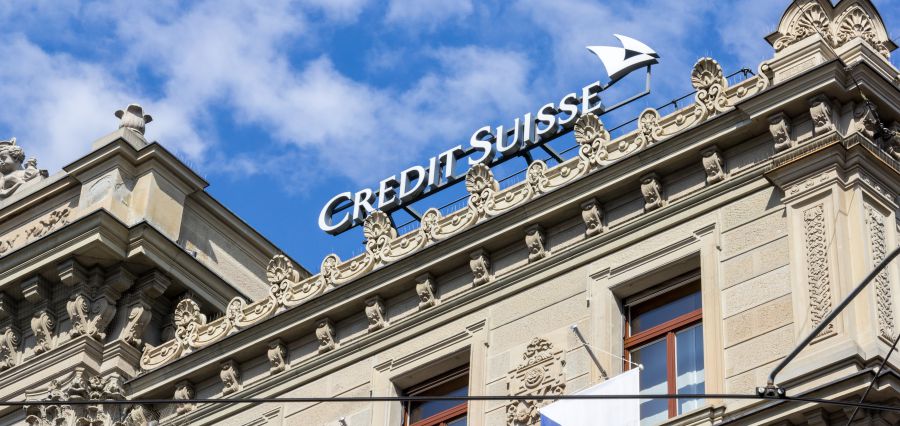The Swiss National Bank (SNB) slashed its key interest rate by 25 basis points to 1.0% yesterday on Thursday. This move comes as the third interest rate cut this year and comes as expected by 30 of 32 analysts in a Reuters poll. The SNB was the first of the major Western central banks to initiate interest rate cuts, kicking off their easing cycle in March this year.
This last rate hike was done within an environment that is being flooded by similar monetary policy maneuvers from the European Central Bank and the U.S. Federal Reserve, which last week decided on a major 50-basis-point cut. Switzerland still keeps inflation relatively minor, with the latest data saying inflation stood at 1.1% year-on-year in August.
The Swiss franc firmed against major currencies as it appeared to benefit most from a shock decision to cut interest rates. The U.S. dollar had fallen by around 0.14% and the euro by around 0.16%. As ING analysts have predicted the rate cut might go down in history for causing “outperformance” of the Swiss currency.
According to Swissmem, one of the biggest and most influential associations of Swiss manufacturers of technologies, the SNB needs to do something to ease the plight of exporters. “This renewed aggravation comes at a really sensitive juncture for one of our leading export industry sectors,” Swissmem said in a statement, referring to supportive measures that should be taken. The SNB issued a declaration in which it admitted that the increased rate of the Swiss franc was the most significant contributing factor behind the recent downtrend in inflationary pressure. ” The SNB said that the inflationary pressure in Switzerland has significantly decreased in comparison with last quarter, partly due to the strength of the Swiss franc during the past three months. “The SNB said it may still have to cut its policy rate further in order to ensure medium-term price stability. Kyle Chapman, FX markets analyst at Ballinger Group, believes that the central bank might have to impose two more 25-bps cuts in December and March given its inflation forecast.
SNB Chairman Thomas Jordan dismissed deflation risk as he confirmed he is leaving the central bank at the end of the month. Mr. Jordan told reporters that current inflation forecasts are still within acceptable limits for price stability, even though he admitted that further cuts may be necessary to keep inflation within 0-2% target range.
Adrian Prettejohn, Capital Economics’ Europe economist said: While the policymakers of SNB may have avoided major foreign exchange interventions so far, at the real level they should think or undertake that for once the policy rate has reached 0.5%. Then, he says at that juncture, the game of changing between reliance on currency intervention and further rate cuts will start getting tricky.

